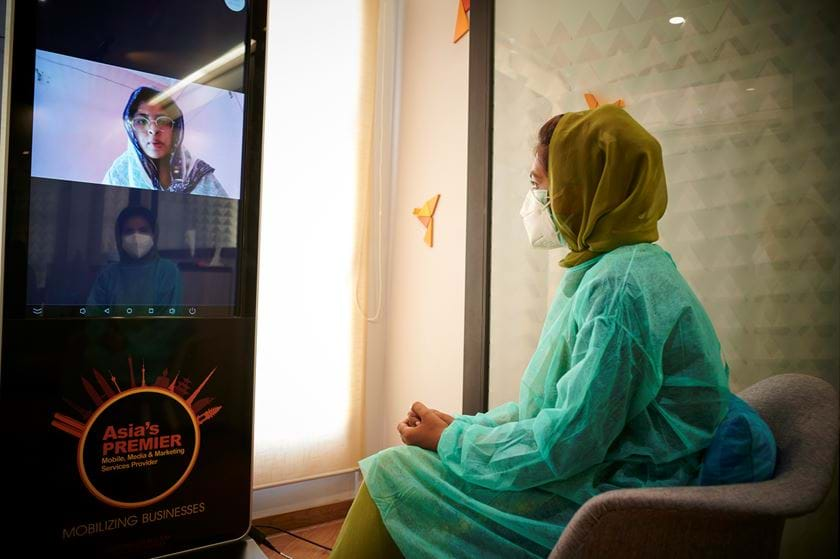Mental health; Batool’s story
Batool was just four years old when both her parents passed away, leaving her an orphan at a young and tender age. Her aunt begrudgingly took over the responsibility of raising the young child. Growing up, Batool still remembers being made to feel like a burden on her guardian and felt lonely, unwanted and unloved.
After completing her Masters, Batool was working with an organization where she met her future husband and fell in love. The blissful time in her life was short-lived; within three months of their marriage, Batool got pregnant and started noticing a strain on their relationship. Her husband started spending less time with her and constant arguments became a norm. Soon after he moved abroad to start a new job. He only returned after the birth of their daughter and even then, did not want to accept the baby.
Over the years, there was ongoing sexual, verbal and physical abuse in the marriage. Batool felt violated and lonely in this relationship yet, she continued to stay with her husband for she believed that he would grow to love her once again and things would improve. But her efforts of communicating to work on their relationship only increased the abuse she was suffering.
Her husband remarried, taking a second wife, and only maintained occasional contact with her and their children. With no family support, close friends or healthy social support system, Batool started experiencing low moods and irritability, helplessness, crying spells, and a lack of interest in her daily activities. She also became short tempered with her children.
During the COVID-19 lockdown in Pakistan, Batool called British Asian Trust’s partner Interactive Research Development’s (IRD) mental health helpline and was referred to a counsellor.
During her sessions she finally found long-needed support and guidance about the importance of mental health; she was provided with a safe environment that was conducive for emotional openness and catharsis.
The counsellor worked with Batool on her mental health, and over the next few months, Batool learnt to detach herself from the painful memories of the past and focus on herself and caring for her needs. She started being more compassionate towards herself. She started recognising harmful behaviours and replaced them with positive coping strategies, such as spending time with her children, talking to friends, house chores and focusing on her career goals. She even stopped contacting her husband repeatedly and this helped her manage her emotions and create boundaries where needed. Her mood improved and she felt more in control.
Speaking of her counseling experience, Batool said:
‘This programme has been greatly beneficial. Looking back at my first session, I was just broken. But now, I’m strong- I don’t find myself crying because now I know how to manage situations. If anyone around me ever needs support I will recommend counselling.’

With the support of partners such as CareTech Charitable Foundation and the work of local partner organisations, like IRD, the British Asian Trust is determined to raise awareness and provide vital community mental health services to help more people in Pakistan.
Names have been changed.
Batool not included in photo.
